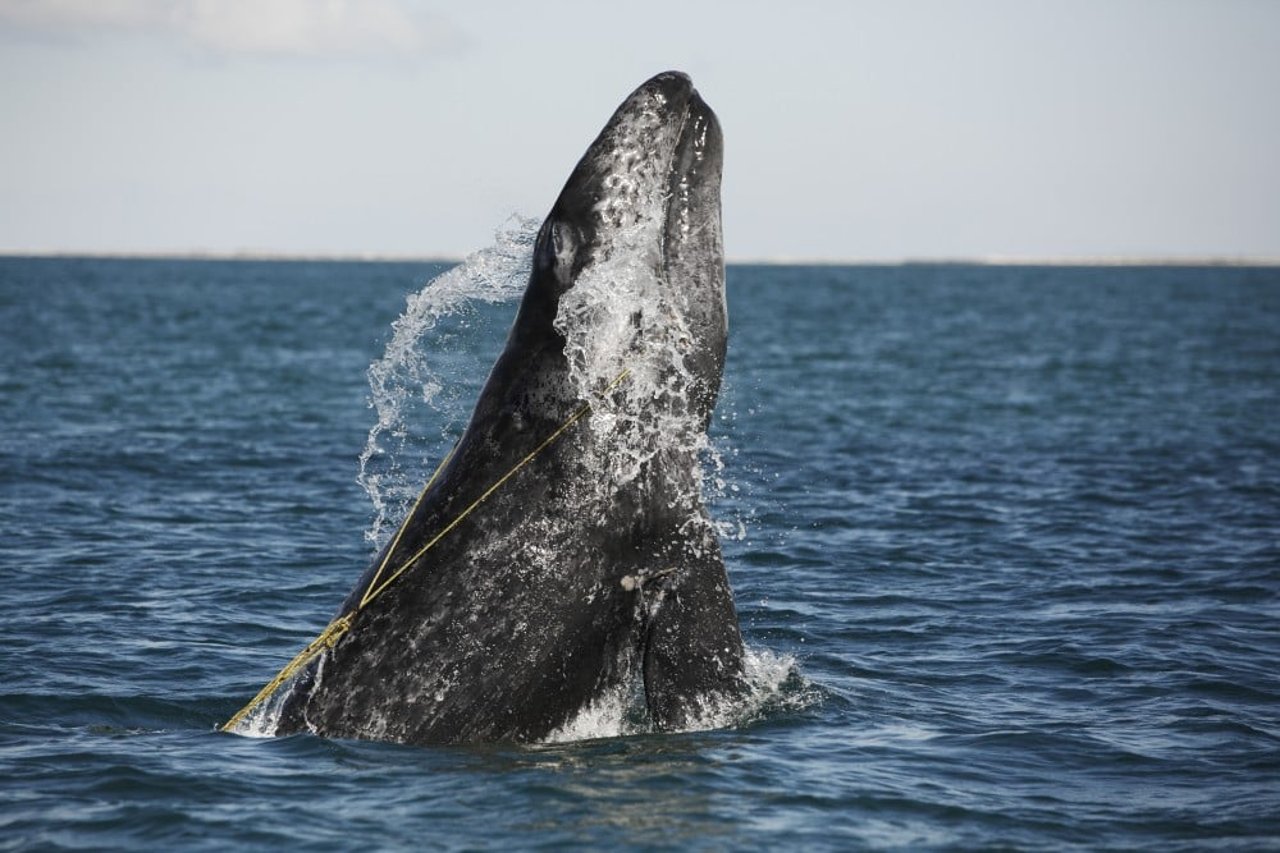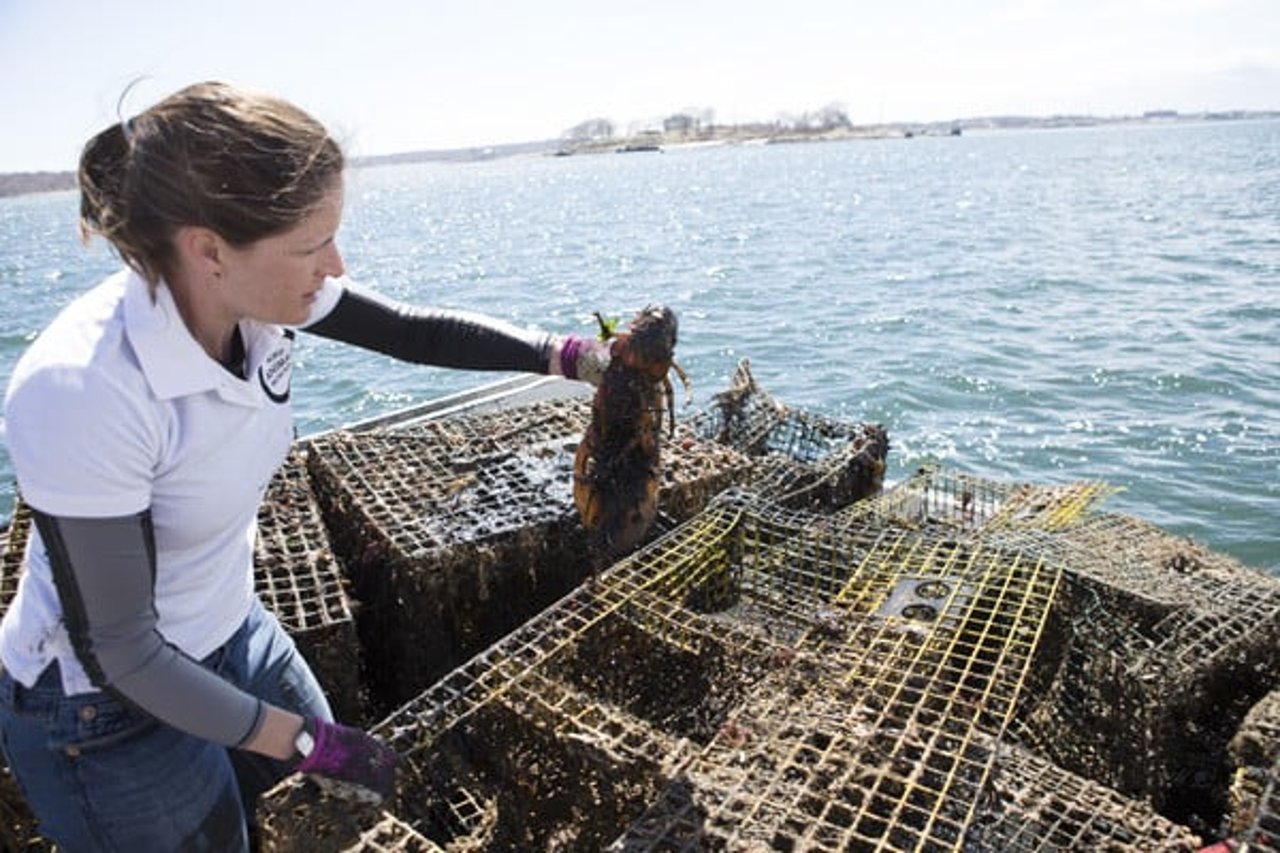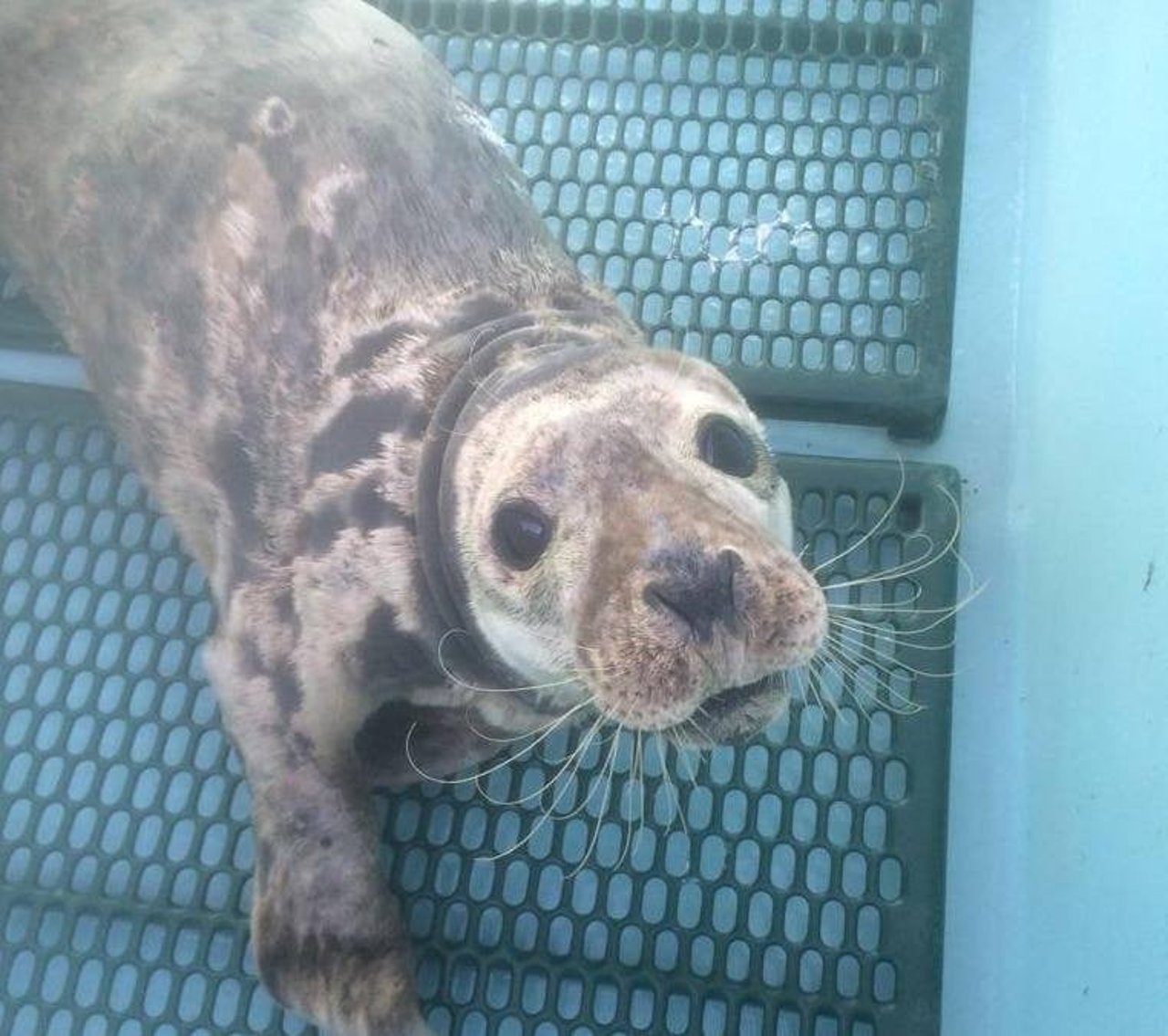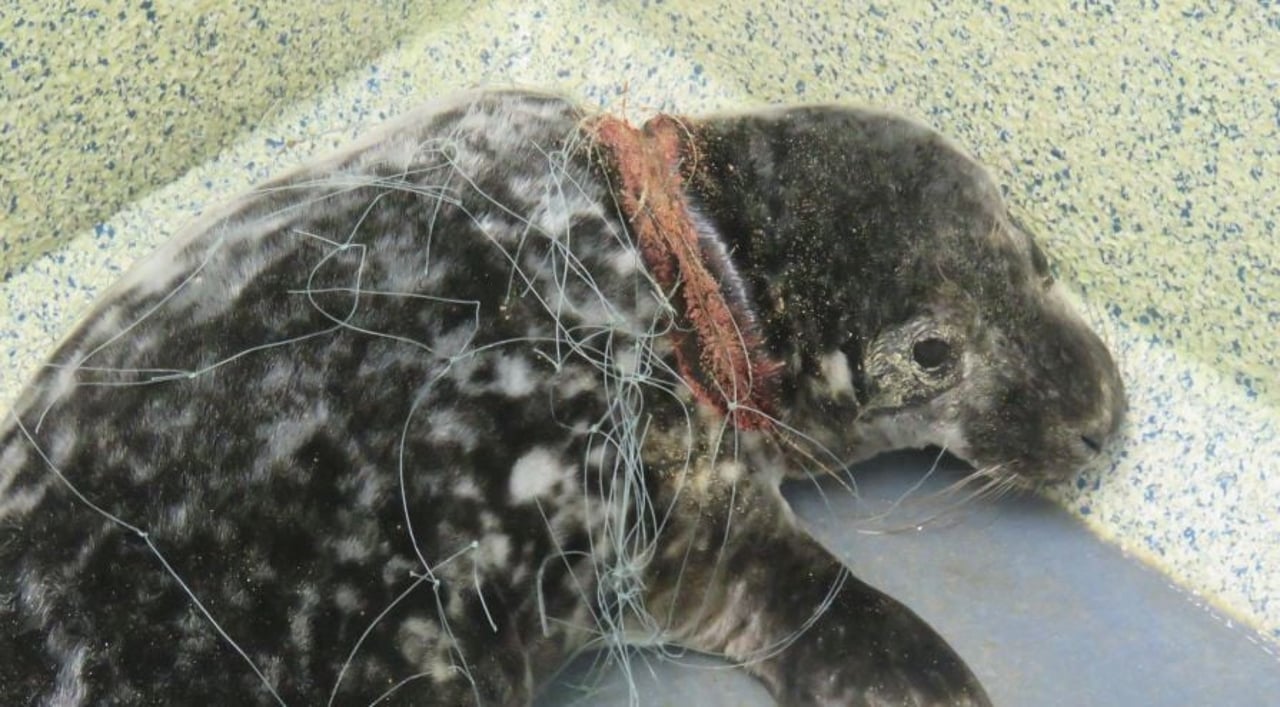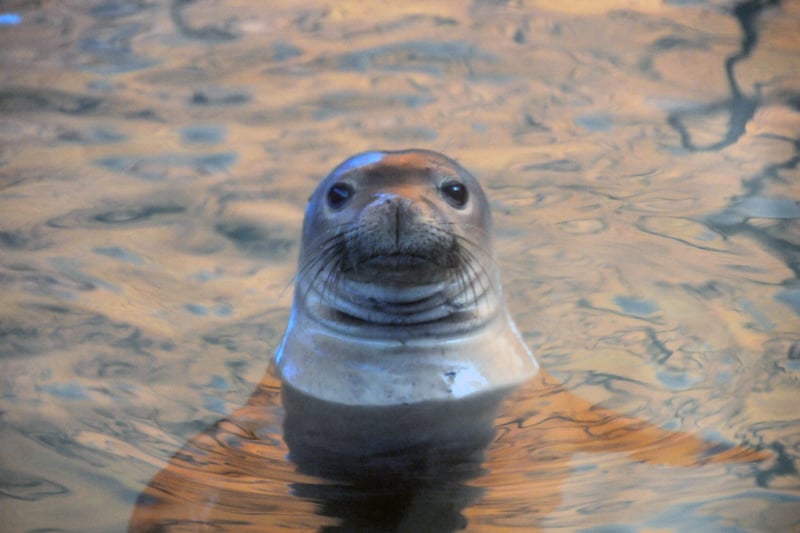
Making waves for Sea Change
News
2015 was an exciting year for our Sea Change campaign, protecting animals from ghost fishing gear and finding sustainable solutions. Here we take a look back at the great work last year as we look forward to an exciting year ahead.
According to UN agencies, 640,000 tons of fishing gear are lost or discarded in our oceans every year. This ‘ghost gear’ has a devastating effect on marine animals, injuring, entangling, and killing millions of seals, whales, turtles, seabirds, and other species. See how we made a Sea Change for animals in 2015 and are working towards our goal of saving one million marine animals from the impact of ghost gear by 2018.
Launching the GGGI
Expert participants representing the private sector, fishing industry, scientific community, civil society, and both national and international institutions from around the globe met in London on September 10-11, to mark the launch of the Global Ghost Gear Initiative (GGGI). The GGGI is committed to driving solutions to the problem of lost and abandoned fishing gear worldwide; the meeting marked the starting point of an action plan to tackle this urgent problem.
Moving Maine to protect animals
Nearly three-quarters of North Atlantic Right whales and more than half of the humpback whale population in the Gulf are estimated to have been entangled in fishing gear at some point during their lives. On May 1, 2015, we funded and worked with the Gulf of Maine Lobster Foundation (GOMLF) to remove derelict lobster traps and other inactive fishing gear from several bays in the Gulf of Maine.
In total, the teams pulled out 147 lost lobster traps and over 1,000 pounds of inactive fishing rope and line, saving hundreds of animals and removing a significant number of entanglement hazards from the marine ecosystem.
Sea Change in action – Alaska
U.S. Oceans and Wildlife Campaign Manager Elizabeth Hogan jumped at a chance to join biologists and veterinarians aboard MV Ursa Major to conduct the annual Steller sea lion population survey expedition in Alaska. The work provided an opportunity to also test and develop ways to save sea lions from injury and death caused by plastic debris and fishing gear.
During their 16-day mission, the team was able to try their disentanglement method on four injured sea lions. These complex operations can take hours of waiting, watching and preparing. The technique used is very new and it will be shared in the aftermath of this this trip to help disentangling efforts of sea lions and seals worldwide. It has already been featured in a global rescue workshop with other pinniped disentanglement experts.
UNwavering commitment
On June 19, World Animal Protection representatives gave a presentation on the Global Ghost Gear Initiative (GGGI) and the issue of derelict fishing gear at a UN side event hosted by the Ambassadors of Tonga and Fiji. The presentation helped raise the relevance of ghost gear in the context of the Sustainable Development Goals (particularly Marine Debris) which the UN is currently addressing, and it promoted a dialogue about the approach to protect global marine ecosystems and resources for sustainable development.
Marine Mammals of Maine triage center
This year, we partnered with Marine Mammals of Maine (MMoME) to develop a triage center for the immediate treatment and stabilization of seals and other marine mammals stranded, injured or entangled in lost, discarded and abandoned fishing gear each year on New England coasts.
A triage center will provide immediate treatment and stabilization of injured animals in urgent needs. Read about the facility in action with the recent rescue of a young seal pup named Horseradish!
Sea-ing clearly – tackling ghost gear at Seafood Summit
Global seafood industry representatives together with leaders from the conservation community gathered in February for the SeaWeb Seafood Summit in New Orleans and World Animal Protection was on site to highlight the issue of ghost gear and introduce the role for the corporate seafood sector within the Global Ghost Gear Initiative’s work towards a future of ghost-gear-free seas. Participants discussed working together to create safer, cleaner oceans by reducing the impact of lost or discarded fishing gear.
Lose the Loop – pinniped disentanglement and prevention
Recent estimates have determined that over 300,000 marine mammals die entangled in fishing gear annually. We believe that global collaboration is critical to address the issue. So we brought together hands-on global disentanglement experts in San Francisco for a rescue training event at the Society for Marine Mammalogy 2015 Biennial Conference. Together, we discussed the entanglement of pinnipeds (seals, fur seals, sea lions, and walruses) in fishing gear and shared methods of prevention and disentanglement. Pinniped biologists, veterinarians, and others shared invaluable knowledge and coordinated future strategies to prevent entanglements and rescue entangled pinnipeds.
We look forward to sharing more with you in 2016 as we work together to make a Sea Change around the globe and save millions of marine animals from needless suffering!
